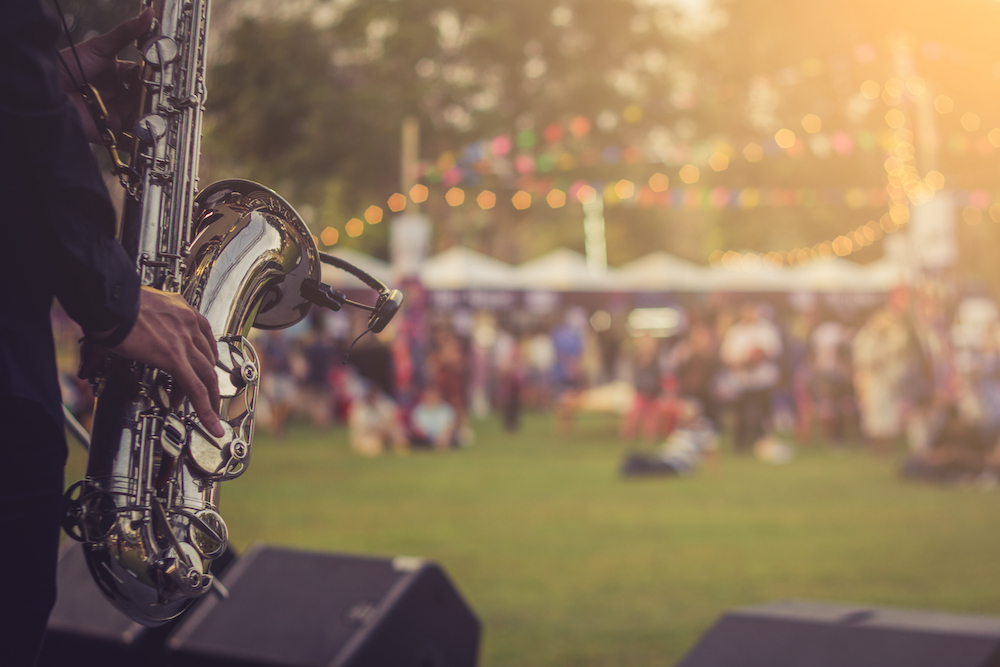Why Is There No Cure for Tinnitus?
Tinnitus is ringing or buzzing in the ears. Many people who experience

By: admin | February 17, 2015
You know the saying “An ounce of prevention is worth a pound of cure,” right?
It is a well-known fact that hearing loss is the third most common health condition (behind arthritis and hypertension) affecting Americans over 60.
This doesn’t mean that the day we turn 60, we wake up in the morning and can’t hear. No. The process is gradual, progressive and quite insidious; some experts say it can start as early as in our 40s.
This message is especially important to over 70 million baby-boomers in this country – folks who were born between 1946 and 1964. Many of them are healthy and active, and may not realize that their hearing has already started to diminish.
When it comes to age-related hearing loss, it may not always be preventable. However, not waiting too long before getting tested and – in case of need – getting fitted with hearing aids sooner rather than later, is a very smart move.
Just like our joints and muscles, the use-it or lose-it principle applies to our hearing. Understanding hearing loss and treatment options, such as hearing aids, can assure you don’t lose it before it is too late.
But I am too young to have hearing loss!
Well, no. Even babies, children and young people can suffer from hearing loss – and many do.
But since we know for a fact that tiny hairs inside the ear that help us hear get damaged and die as we age, for most people losing their hearing is a matter of “when,” not “if.” As you are reading this, one in three people over 65 are suffering from hearing loss.
Let’s look at hard data. A few years ago, a study conducted by the Ear Foundation, demonstrated that half of nearly 76 million baby boomers in the United States are experiencing some degree of hearing loss, a higher number than previously estimated.
In fact, even though hearing loss is widely perceived as affecting predominantly older people, Better Hearing Institute says that 65% of the hearing-impaired are younger than 65. More than six million Americans between the ages of 18 and 44 already have hearing problems, and nearly one and a half million are school age. So yes, hearing loss affects all age groups.
Even if you are one of those people who insist they hear just fine, thank you, there is no harm (and a lot of benefit) in having your hearing checked.
The study’s findings speak louder than words when it comes to reasons why early-onset hearing loss should not be ignored or neglected. It all comes to quality of life and earning potential.
Yet, despite the clearly shown work and lifestyle limitations, the study found that most people impacted by hearing loss are not taking the necessary steps to seek treatment. In fact, only 42% of those who reportedly have a severe hearing loss wear hearing aids.
Maybe a compelling reason why you should not wait any longer – until you are retired, for example – to get pro-active about checking your hearing.
One of the many good reasons is this: undetected and untreated hearing loss can diminish your quality of life by making it difficult to communicate and interact with people around you – be it at work or in family and social situations.
On the other hand, treating hearing loss as early as possible, before it starts to impact your emotional, psychological and social well-being (not to mention your earning power), can improve your communication and language skills, allowing you to fully participate in all the leisure and work activities.
So don’t wait until you have to cup your ear to hear people around you. Get tested – and, if needed, treated with some of today’s sophisticate digital hearing aids– as soon as you finish reading this article!
Call Desert Hearing Care at (480) 374-1846 or schedule your free consultation

Tinnitus is ringing or buzzing in the ears. Many people who experience
By: admin | May 18, 2022

Most people think that hearing loss is something you might naturally
By: admin | April 20, 2022

Hearing loss is a natural part of aging. However, many people will start
By: admin | March 7, 2022
